Formula 1’s engine manufacturers and the FIA are set to meet in Bahrain ahead of next week’s Grand Prix to discuss a potential return to V10s in the sport.
The meeting has been pencilled amid public discussion over the past month around the prospect of bringing back an iteration of the power units that were last used in 2005.
Next year’s regulation changes will see a revised version of the current V6 hybrids, with an increased emphasis on an equal split between combustion and electric components.
A number of F1 fans have often pined for V10s making a return in the future, and proof that such engines can now run on sustainable fuels has enhanced this particular debate.
The topic was exacerbated even more when the current FIA president, Mohammed Ben Sulayem, stated in February that the possibility should, at the very least, be explored.
The sport’s governing body’s Single-Seater Director, Nikolas Tombazis, recently tried to quell the increasing panic amongst the Original Engine Manufacturers [OEMs] who have appeared edgy at the idea of plans changing, saying: “There’s still a bit of work to do to sort out some details [for the new V6s], but I think there will be cars racing closely with each other, able to fight each other and using driver skill. So fundamentally, I don’t share the panic stories.”
However, Tombazis confirmed at the Chinese Grand Prix two weeks ago that the possibility of V10s returning at some stage was not impossible.
“I think the right way around to go about it is: do we want three or four years later to go to a different type of power unit? That’s question number one,” he said.
“That looks after the long term for the sport.
“If the answer to that is yes, then there’s question number two – what we do in the intervening period. That is definitely a secondary question compared to the primary one.”
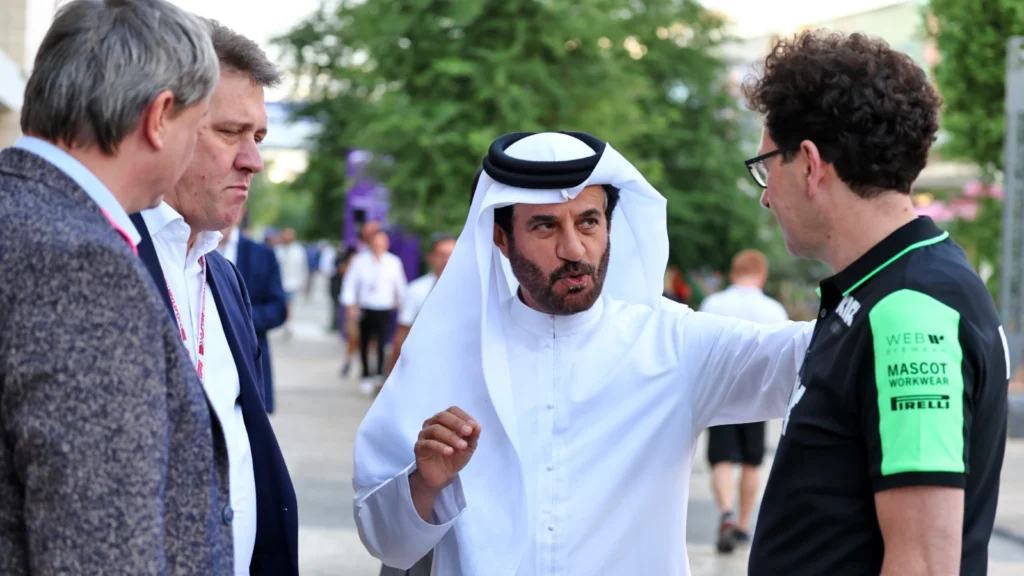
Will next week’s meeting cause further contention between F1 and the FIA?
The total change in direction that a potential change from V6 to V10 engines would bring could risk a large alienation of the OEMs, including Honda – which is making its return to full power unit manufacturing for Aston Martin – and Audi, which is making its debut next year as a works team, taking over the current Sauber team.
Both organisations have taken steps on the basis that electric power would be the long-term plan, Audi having also been a Formula E works team in the past, as well as also producing the Dakar Rally-winning ‘e-tron’ car.
The German marque released a statement two weeks ago indicating its negative stance on such a plan.
Many of the F1 teams’ supremos have also seemingly also towed this line, with both McLaren CEO Zak Brown and Red Bull boss Christian Horner agreeing on the issue prior to the Chinese GP.
Brown stated that he doesn’t “really see how you can unwind what’s in place,” with Horner asking “what would be the game plan between where we sit today and then?,” adding: “Because it would be a massive departure obviously to move away from what is currently being worked on very hard for 2026.”
F1 and the FIA have been at loggerheads with varying issues over recent times, and the upcoming meeting, depending on its outcome, could cause further friction.
READ MORE – Six key talking points ahead of the 2025 F1 Japanese GP

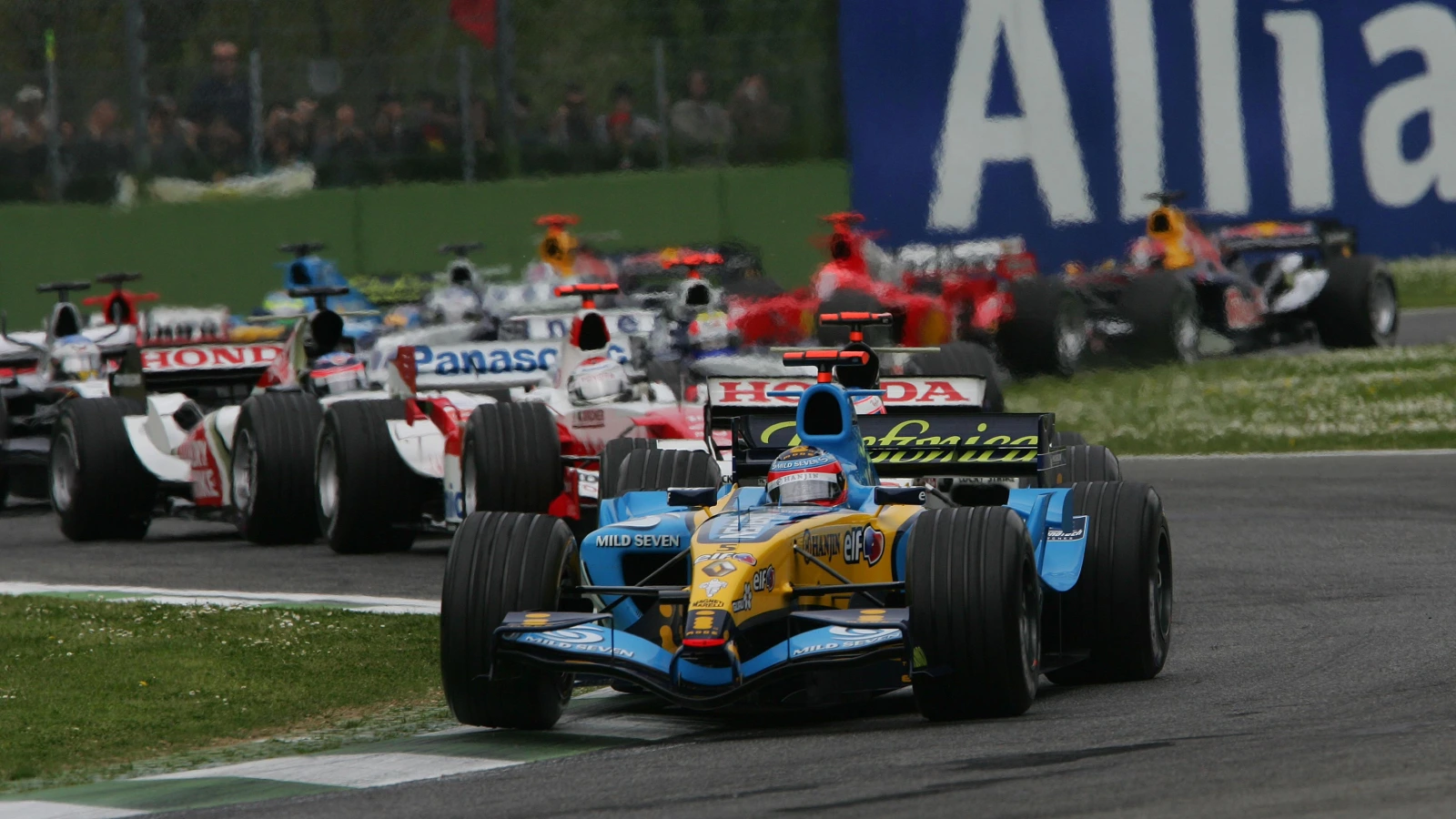


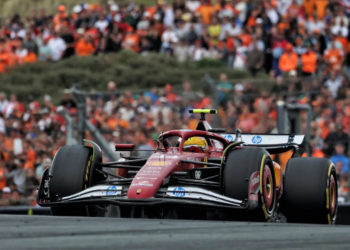
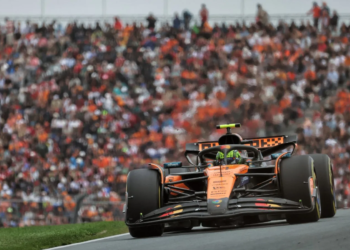
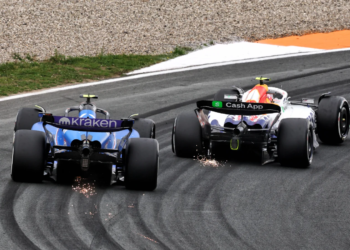
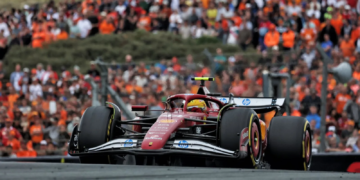
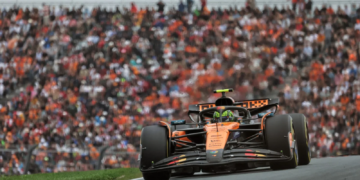

Discussion about this post